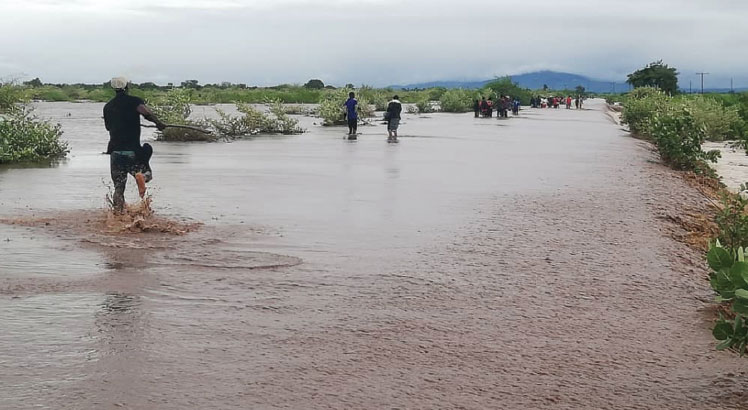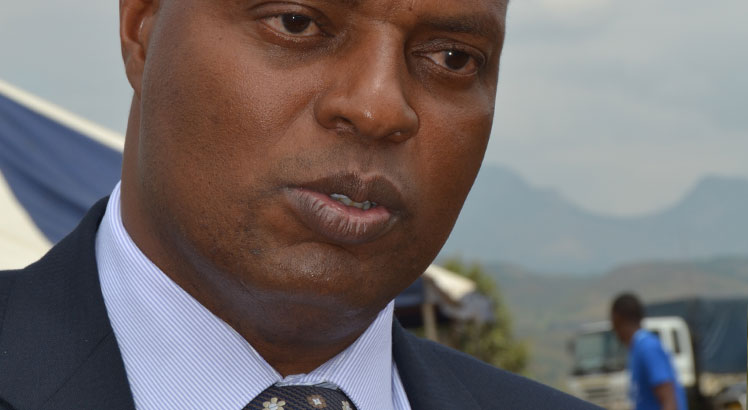The International Monetary Fund (IMF) has warned that climate change effects are intensifying food insecurity in Malawi and other sub-Saharan African countries, imposing adverse macroeconomic effects, especially on economic growth and poverty.
In its latest policy paper published on Friday, IMF estimates that in Malawi, food insecurity increases by five to 20 percentage points with each drought or flood.
In the paper titled ‘Climate Change and Chronic Food Insecurity in Sub-Saharan Africa, the global lender highlights that the increased food insecurity could jeopardise the hard-earned improvements in incomes and education and health outcomes in the country in recent decades.
Reads the report in part: “Persistent changes in climate change have long term negative effects on the economic growth of the country thus strong efforts to mitigate climate change issues should be key.
“If not, the stepped-up frequency and intensified adverse weather events will further hamper food production and distribution, thus exacerbating food shortages and fuel food inflation in the end cascading severe consequences for the economy.”
The IMF has since stressed the need for fiscal policies to be focused on social assistance, adding that efficient public infrastructure investment can improve poorer households’ access to affordable food, facilitate expansion of climate-resilient agricultural production, and support quicker recovery from adverse climate events.
Reads the paper: “Critical infrastructure areas which include irrigation systems, telecommunications, transport, storage facilities, and renewable electricity are essential. In cases where agricultural subsidies are present, the subsidies should be redesigned to ensure better targeting and reduce economic costs.”
Catholic University of Malawi economics lecturer Hopkins Kawaye in an interview agreed with findings of the report, saying the climate change shocks, specifically drought and floods domestically, are fuelling poverty.
“Agriculture being the dormant sector contributing to economic growth in the country, climate change shocks have had a bearing to the economy and have led to volatility in the key macroeconomic fundamentals. Such developments also trigger poverty as most people have been losing their crop output yearly due to the changes in weather patterns,” he said.
Meanwhile, the Malawi Vulnerability Assessment Committee report shows that at least 3.8 million people or 20 percent of the population in Malawi is expected to face high levels of acute food insecurity.
At 3.8 million, this is the highest number of acutely food-insecure population in the last five years compared to 3.3 million in the 2018/19 consumption year and 1.49 million in the 2021/22 consumption year.
Authorities have cited a number of factors that have affected food security in the country with key being weather patterns which is said to be the major contributor as all recessions have been preceded by droughts.
This year alone, the government is expected to cough K76 billion to feed the 3.8 million food insecure people in the country.
To mitigate climate change effects, the government is, among others, implementing the Adapt Plan Project with funding from the United Nations Development Programme.
This is a project that encompasses a set of community led activities whose aim is to act as a cushion to neutralize challenges which affect Malawi communities in the wake of the negative climate change impacts.
The post Climate change worsening poverty, food shortage—IMF appeared first on The Nation Online.
 Moni Malawi
Moni Malawi 

